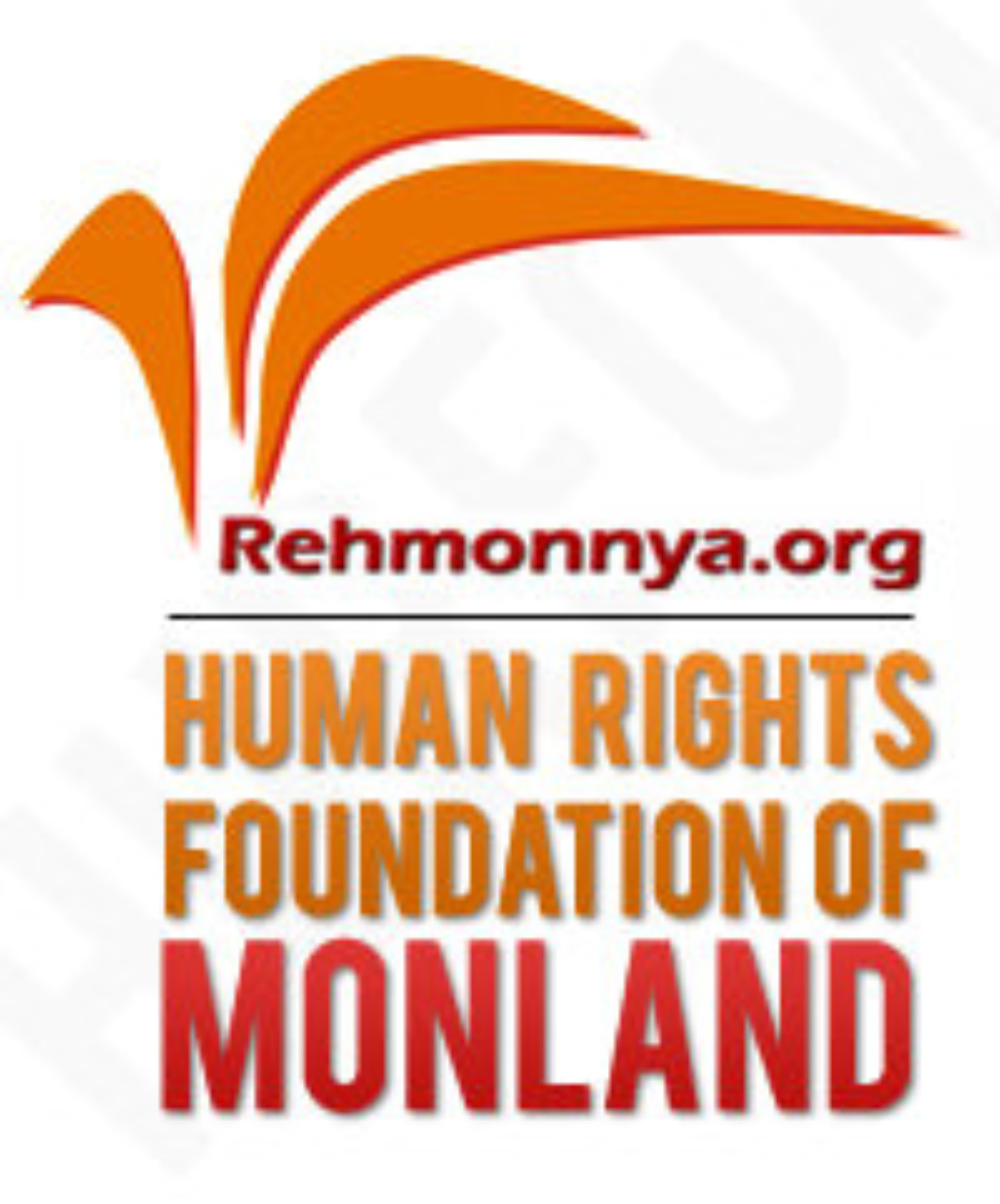Location
P. O. Box 2237
General Post Office
Bangkok 10501, THAILAND
The HURFOM was founded by pro-democracy students from the 1988 uprising and more recent activists and Mon community leaders and youths, and it main aim is for the restoration of democracy, human rights and genuine peace in Burma. HURFOM is a non-profit organization and all its members are volunteers who have the same opinion for the same aim. By accepting the main aim, we would like to participate in struggle for the establishment of a democratic Burma doing our part as a local ethnic human rights group, which is monitoring the human rights situation in Mon territory and other areas southern part of Burma. We provide information and reports to allcampaign organizations to get helps from the international community for democratic reform in Burma. For this project, HURFOM has produced a monthly human rights report, with the name of “The Mon Forum” for 9 years.
Members:
Resources
Displaying 1 - 5 of 14INVISIBLE LIVES: The Untold Story of Displacement Cycle in Burma - English, Burmese (မြန်မာဘာသာ)
Executive Summary:
"Recently, much attention surrounding Burma has focused on the democratic reform, 2015
elections and the future of the National League for Democracy (NLD)-led Government, whilst
a profound humanitarian crisis and continuing concerns of the ethnic minority communities in
the southeast have been largely ignored. The recent story of political and economic reform
has insufficiently addressed the ongoing struggles of internally displaced persons (IDPs), as
Invisible Lives - The Untold Story of Displacement Cycle in Burma - Burmese (မြန်မာဘာသာ)
Executive Summary: "Recently, much attention surrounding Burma has focused on the democratic reform, 2015 elections and the future of the National League for Democracy (NLD)-led Government, whilst a profound humanitarian crisis and continuing concerns of the ethnic minority communities in the southeast have been largely ignored. The recent story of political and economic reform has insufficiently addressed the ongoing struggles of internally displaced persons (IDPs), as they become an inconvenient truth rendered invisible by the larger reform narrative.
Examining Foreign Direct Investment in Mon State, Burma (English)
INTRODUCTION:
"Over the years, the Human Rights Foundation of Monland (HURFOM) has produced a number of accounts highlighting the hardship faced by Mon people who have become victims to land confiscation. In this report, HURFOM reports on the effects from the recent surge of Foreign Direct Investment (FDI) coming into Burma.
Examining Foreign Direct Investment in Mon State, Burma (Burmese မန်မာဘာသာ)
INTRODUCTION:
"Over the years, the Human Rights Foundation of Monland (HURFOM) has produced a number of accounts highlighting the hardship faced by Mon people who have become victims to land confiscation. In this report, HURFOM reports on the effects from the recent surge of Foreign Direct Investment (FDI) coming into Burma.
Yearning to be heard - Mon Farmers’ continued struggle for acknowledgement and protection of their rights
In October 2013, the Human Rights Foundation of Monland (HURFOM) released
"Disputed Territory", a report documenting the emerging trend of Mon farmers fighting
for recognition of their land rights in the face of unjust land and property
confiscations. The report analyzed specific barriers impeding their success, from weak
land policy and inadequate dispute resolution mechanisms, to an absence of support
from various sources.
While "Disputed Territory" explored the broad spectrum of land right violations among


